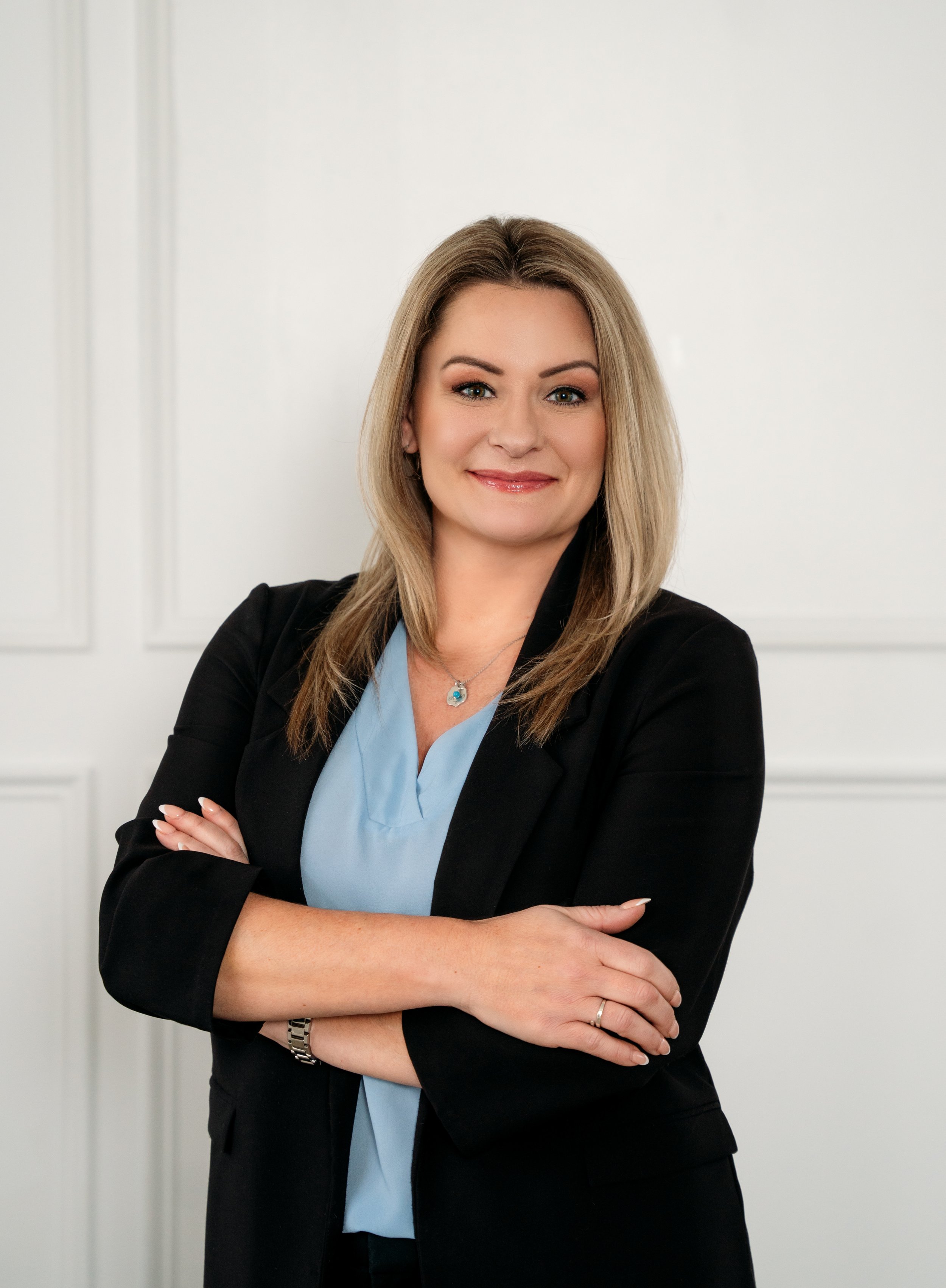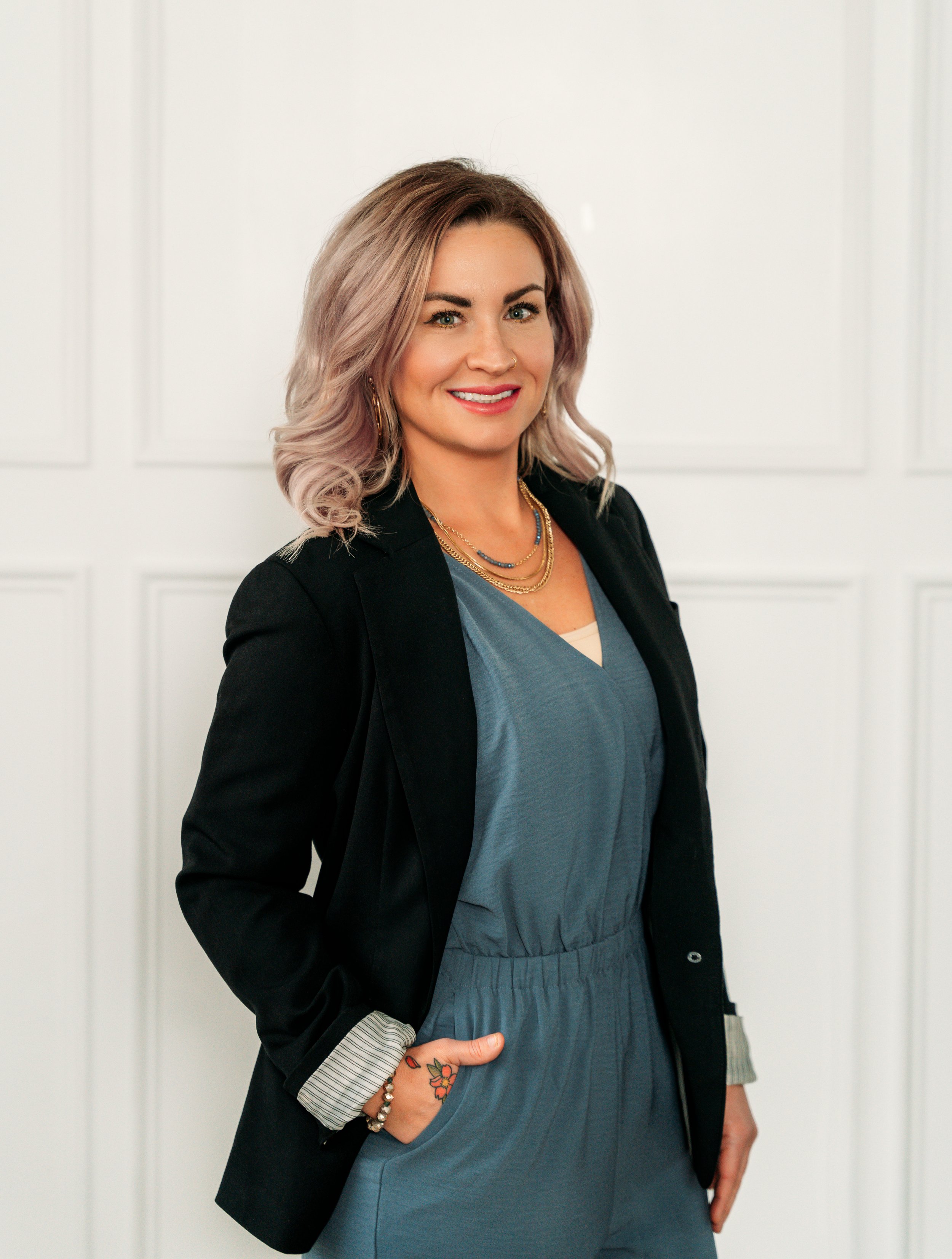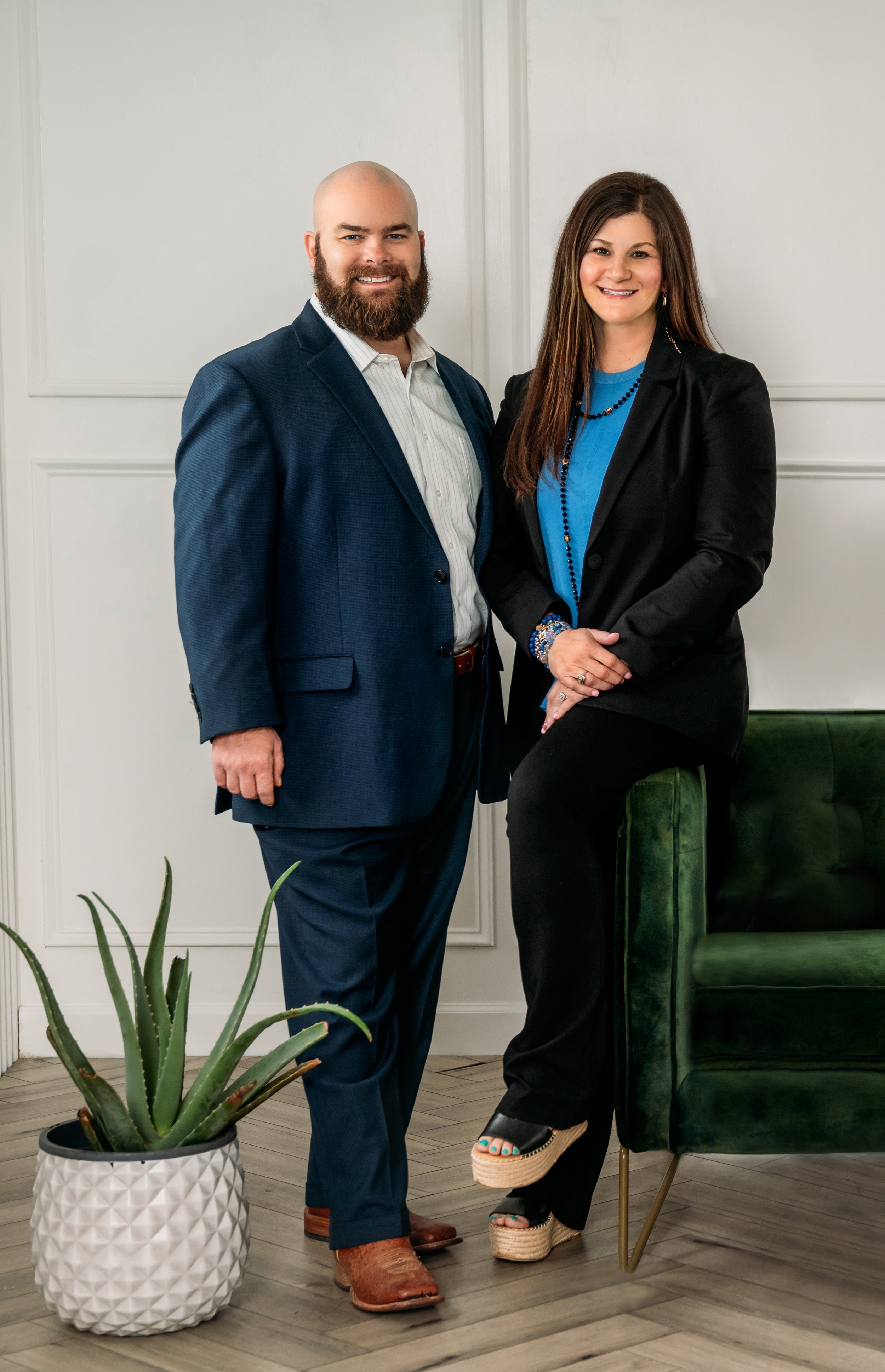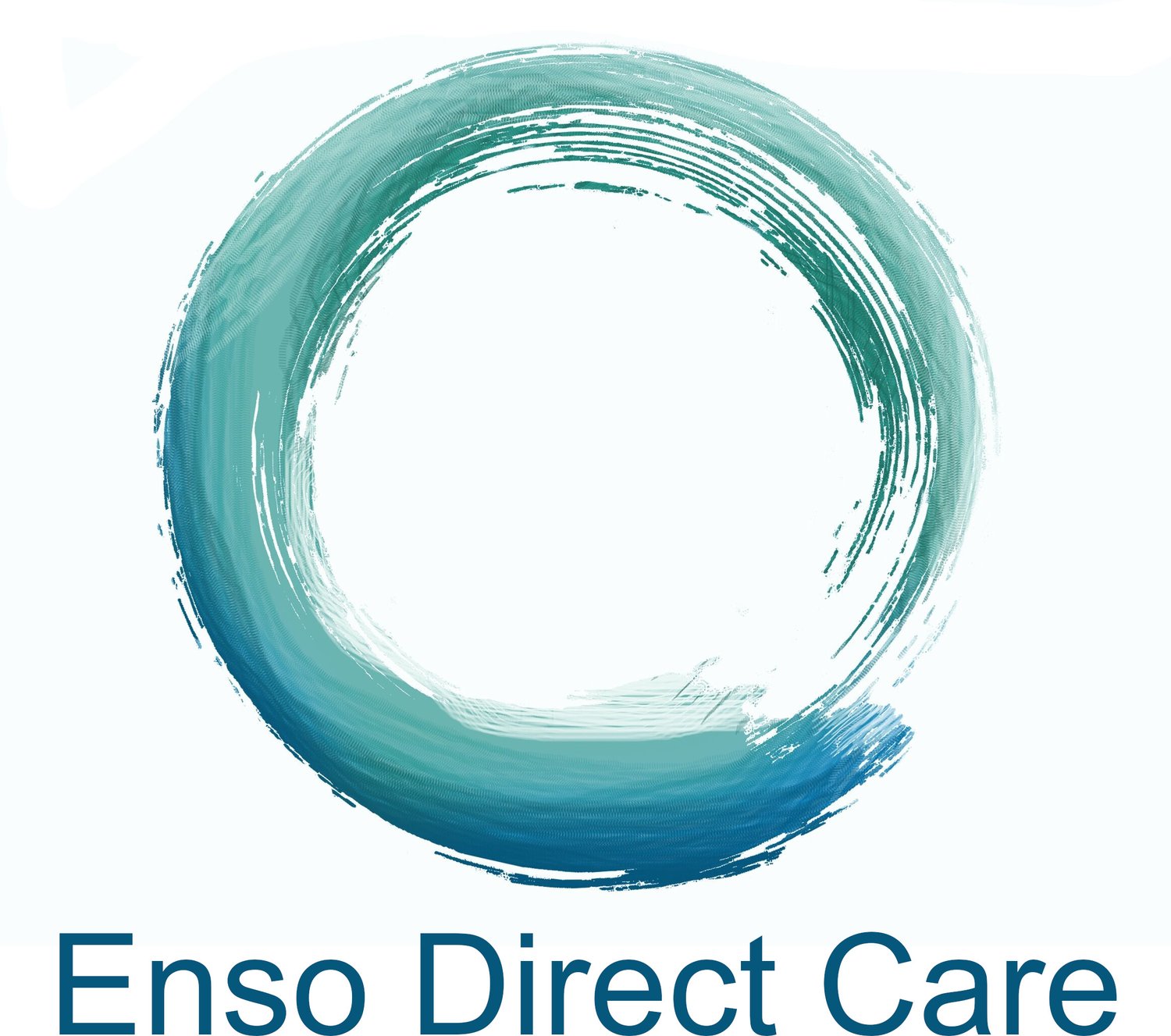
About Enso
Read More About Us, Our Mission, and Our Story
Our Mission
The symbol in our name — the enso — comes from Japanese calligraphy. It represents the freeing of the mind so the body can create. That feels right to us.
We founded Enso to free our practice from the constraints of traditional medicine. We weren’t trying to disrupt the system. We were simply trying to care for people — directly, personally, and without the noise.
Enso is not built around protocols or metrics. It’s built around listening. Around asking better questions. Around meeting people exactly where they are.
We don’t claim to have all the answers. In fact, at its core, Enso is a giant question mark. What does true care look like — now, for this person, in this moment?
The Enso Method changes as we do. We adapt. We experiment. We text our patients. We challenge assumptions. We follow instincts and stories, not just numbers. Sometimes, the most profound discovery is this: when you listen hard enough, patients tell you exactly how to help them.
There is one commitment that won’t change: affordability. If care isn’t accessible, it’s not care.
We’re not trying to solve the healthcare crisis. We’re simply trying to make it better for our members — one story, one decision, one question at a time.












About Us - Who We Are
Enso Direct Care has been years in the making, and more likely decades, as the Direct Primary Care (or DPC) model of patient care has emerged from the dreadful quagmire which is our current model of primary care medicine. Brad (Doc) Faglie, MD started Enso Direct Care in order to jump headfirst into a more comprehensive way to care for patients. The Enso team includes Kelsey Stinson, FNP-C, counselor Megan Nichols, LCSW, practice manager Amber Edwards, Brionne Jackson, Sandie Duffer as well as the beloved (but firm) certified medical assistant Kathy Hall.
Enso Direct Care opened its doors in April of 2021 near Rhome, Texas, northwest of the Dallas/Fort Worth metroplex. It’s mission is to provide the best most comprehensive primary care to a limited number of patients. The size of the patient panel will be determined by the comprehensiveness of care that can be provided. Having worked “in the trenches” together for years, the Enso team understands that care for a patient must include care for both the mind and the body. Understanding that the current model of healthcare delivery, with it’s limited access and time spent with the patient, does not deliver adequate care. The failed insurance industry has added a financial benefit to changing to a DPC practice as well. There is no better time to step away from what is common and insufficient and into something new, intimate, and comprehensive.




